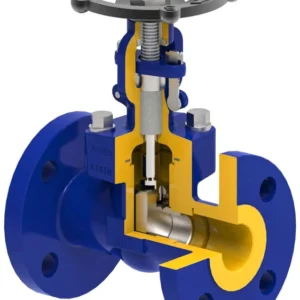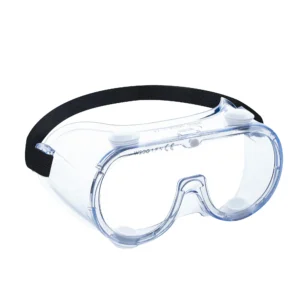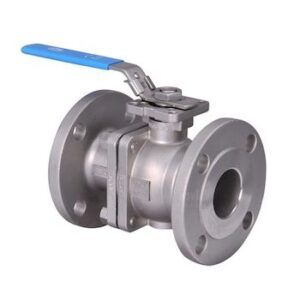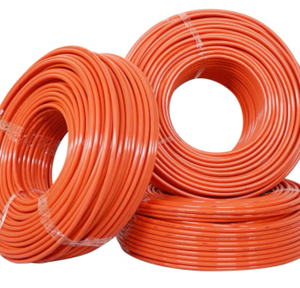Description
Key Features
- High Strength-to-Weight Ratio:
- CFRP and TCP pipes are significantly lighter than metal alternatives yet offer comparable or superior strength, enabling easier handling and installation.
- Corrosion Resistance:
- Impervious to rust, chemical attack, and environmental degradation, making them ideal for harsh conditions like subsea or chemical environments.
- Thermal Stability:
- Operates efficiently in a broad temperature range, depending on the thermoplastic matrix and reinforcing fibers used.
- Durability and Longevity:
- Designed for extended service life, withstanding mechanical stresses, dynamic loads, and harsh environmental conditions.
- Flexible and Versatile:
- Especially true for TCP, which can accommodate dynamic applications such as risers and flowlines.
- Environmentally Friendly:
- Recyclable thermoplastic matrices reduce environmental impact compared to traditional materials.
- Low Maintenance:
- Smooth inner surfaces resist scaling and fouling, reducing maintenance costs over time.
Applications
- Oil and Gas:
- Widely used for subsea flowlines, risers, and onshore pipelines due to their ability to handle high pressures and corrosive substances.
- Chemical Processing:
- Suitable for the transport of aggressive chemicals, acids, and alkalis.
- Marine and Offshore:
- Used in seawater intake systems, cooling lines, and structural applications due to their corrosion resistance and durability.
- Renewable Energy:
- Essential for offshore wind farms and other renewable projects where weight and corrosion resistance are critical.
- Industrial Applications:
- Ideal for high-pressure fluid transport in manufacturing and processing industries.
Specifications
- Material Composition: Thermoplastic matrix (e.g., polyethylene, polyamide) reinforced with carbon, glass, or aramid fibers.
- Pressure Ratings: Can exceed 400 bar, depending on design and application.
- Temperature Range: Operates between -50°C to 150°C, with custom options for higher tolerances.
- Sizes: Available in a range of diameters for various industrial needs.
- Compliance Standards: Adheres to certifications like API 15S, DNV-ST-C501, and others for safety and performance.
Advantages
- Lightweight:
- Reduces transportation and installation costs.
- Customizable:
- Can be tailored for specific applications with varied fiber orientation and layer structures.
- Energy Efficient:
- Smooth interiors enhance flow efficiency, lowering operational energy requirements.
- Non-Conductive:
- Suitable for applications requiring electromagnetic neutrality.
- Scalable:
- Adaptable for both small-scale and large-scale applications.







Reviews
There are no reviews yet.